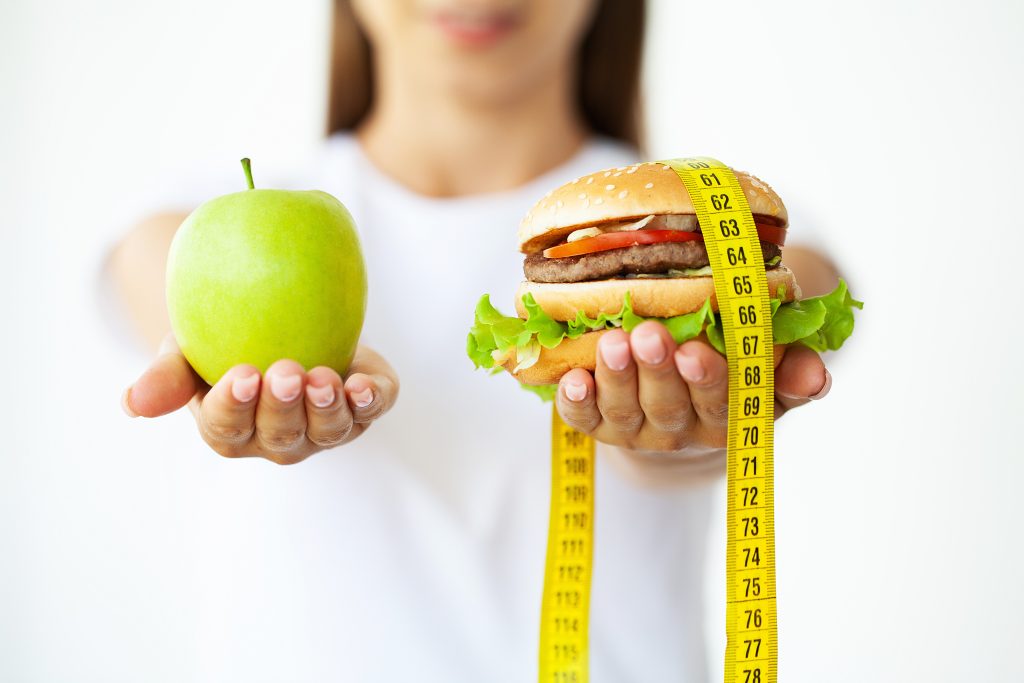“We are our choices.” ~Jean Paul Sartre

Do you have trouble making decisions? Is it hard for you to choose between options? Or are you great at making decisions… Do you just make the wrong ones over and over? Decision-making is a life skill that just can’t be over-rated, as it affects everything in life.
It’s A Process…
So, how do you make better decisions? Ask yourself the following questions when you have to make an important decision:
1. Have I considered all the possible consequences of this action?
2. Have I considered all the possible alternatives to this action?
3. If I cannot come up with either #1 or #2, who can I talk to who can help me think this through?
4. Am I willing to accept all of the possible consequences of this action, even the ones I cannot now anticipate?
Take Responsibility, Then Act
If you finally work through all the possible consequences and alternatives to the choice you are about to make, and you are willing to live with and learn from whatever happens if you give it a try…you are generally good to go. The next step is to make the decision and act.
Hey, Not So Fast!
But, before you do that… take a moment and just “check-in” with yourself about a few things.
First, just because you CAN do something, doesn’t mean that you SHOULD do it. Does this decision fit with your values and who you know yourself to truly be? Is this decision something that you believe you will be okay with ten years from now?
You Might Need to Sleep On It
What’s your emotional state as you are going through the decision-making process? Are you reacting to something that just happened or to someone who easily pushes your buttons? If you’re angry, hurt, or upset, take extra time to cool off before you go through the process… otherwise what looks like a reasonable decision to you now will look mean, petty, or just plain stupid in a few days’ time. (You know this!) Take a night (or two) and sleep on it.
It’s Not All About You
Okay, Sartre would say your decisions ARE all about you… but it’s a very good thing to ask yourself how the decision you are going to make is likely to affect the people you care about and who care about you. We are all interdependent, so don’t forget that every choice you make, even what you buy or eat today, will affect not only you, but others, perhaps our planet, as well.
Ah….Regret

A final question to ask to help you make better decisions is “In ten years, will I regret more that I chose to do this or that I chose not to?”
Happiness researchers have found that it is often easier for people to be happier living with mistakes they have made and learned from than it is to live with regrets and wondering “What if?” So, take that into consideration as you also ponder all of the other important questions in the decision-making process.
You Can’t Make A Mistake
If you’ve read my blog for very long, you already know that I believe you cannot make mistakes in living your own life. You make the best decisions you can at the time, with the knowledge, awareness, and understanding that you have at that time. Then you see what happens, you learn, and you may make different choices in the future based on what you discover as you live. Most importantly, you don’t have to be afraid to make life choices, especially if they are carefully considered.
“The greatest accomplishment began as a decision once made and often a difficult one.” ~Michael Rawls
Dr. Anita Sanz, PhD, Psychologist
